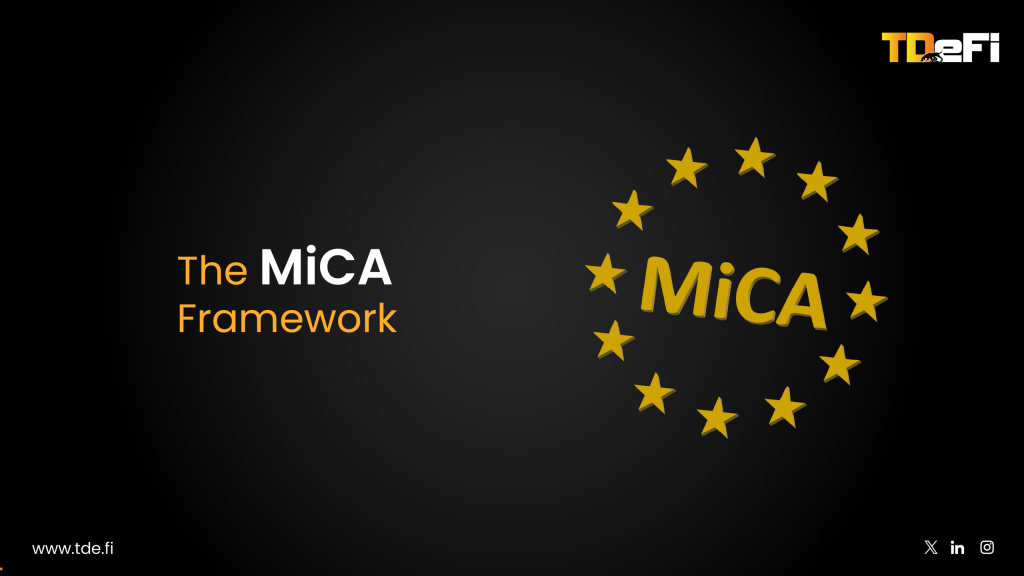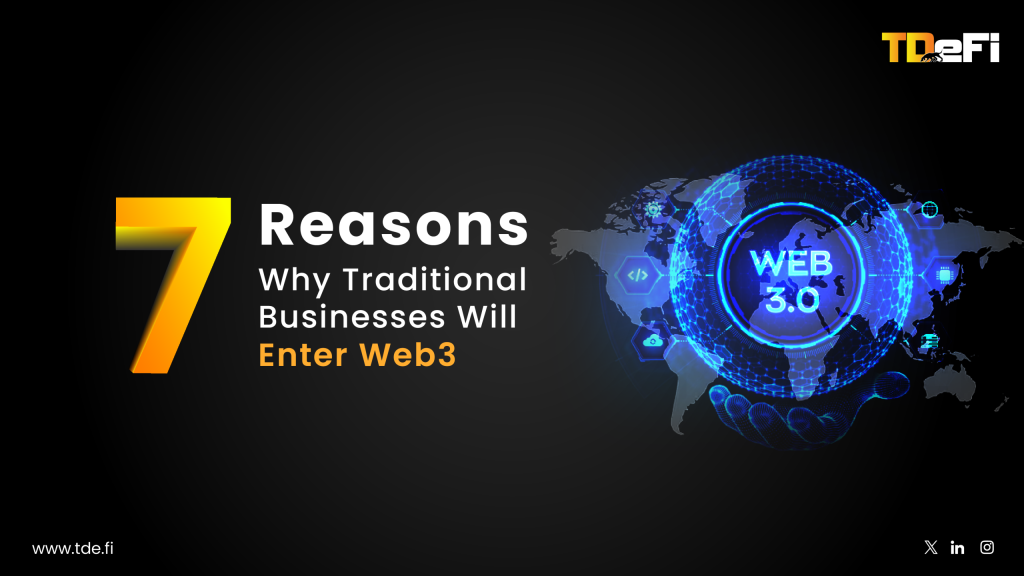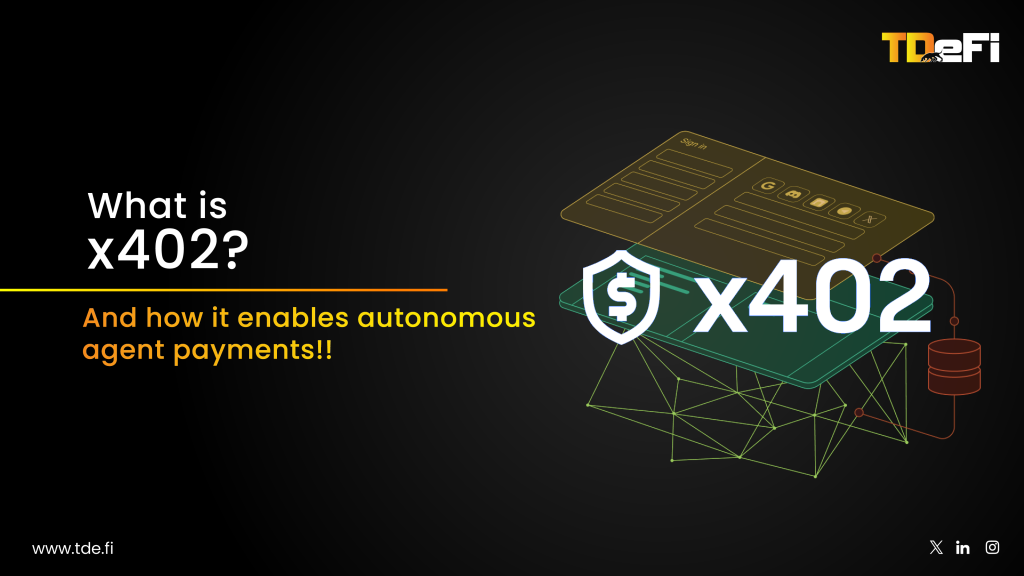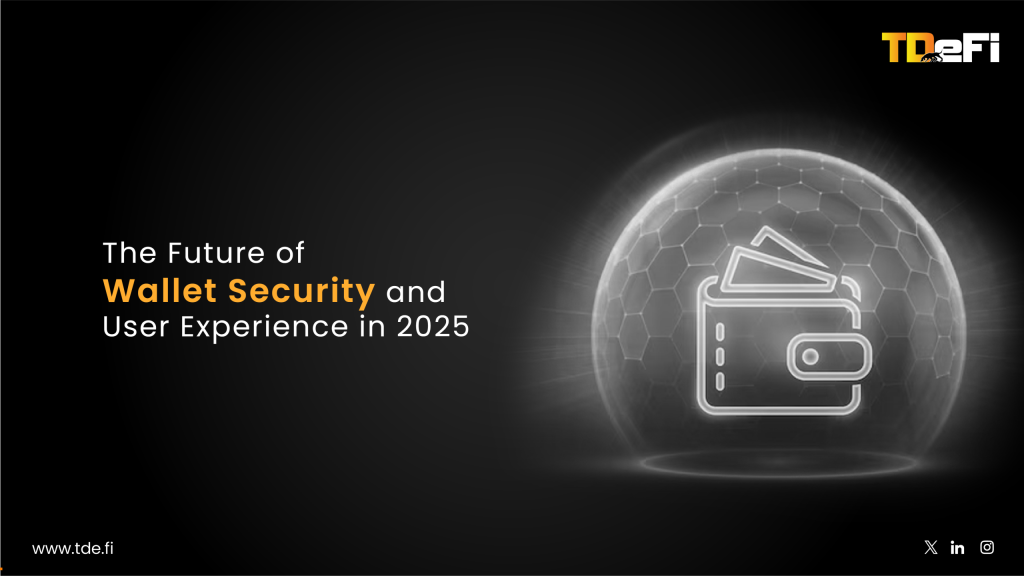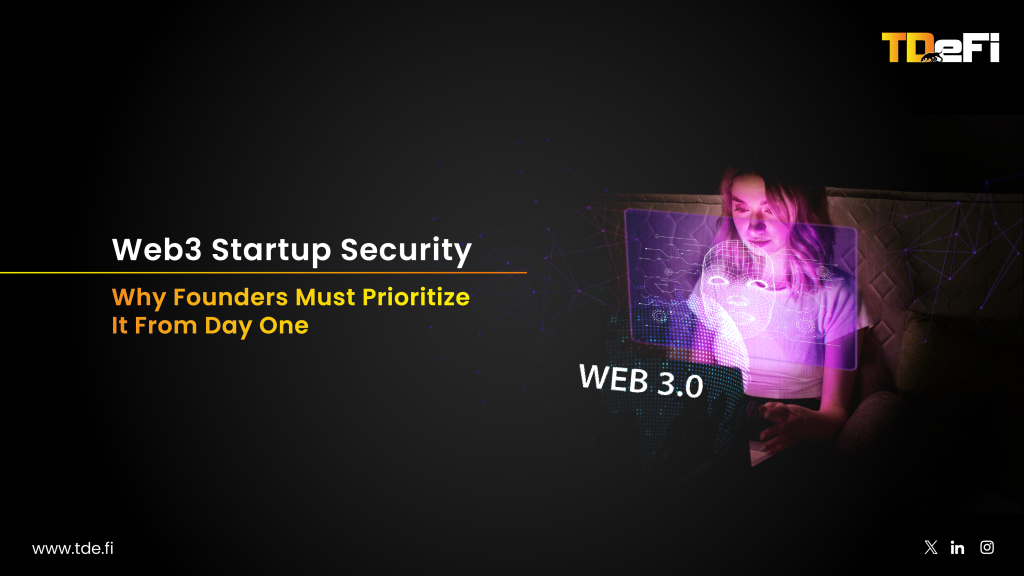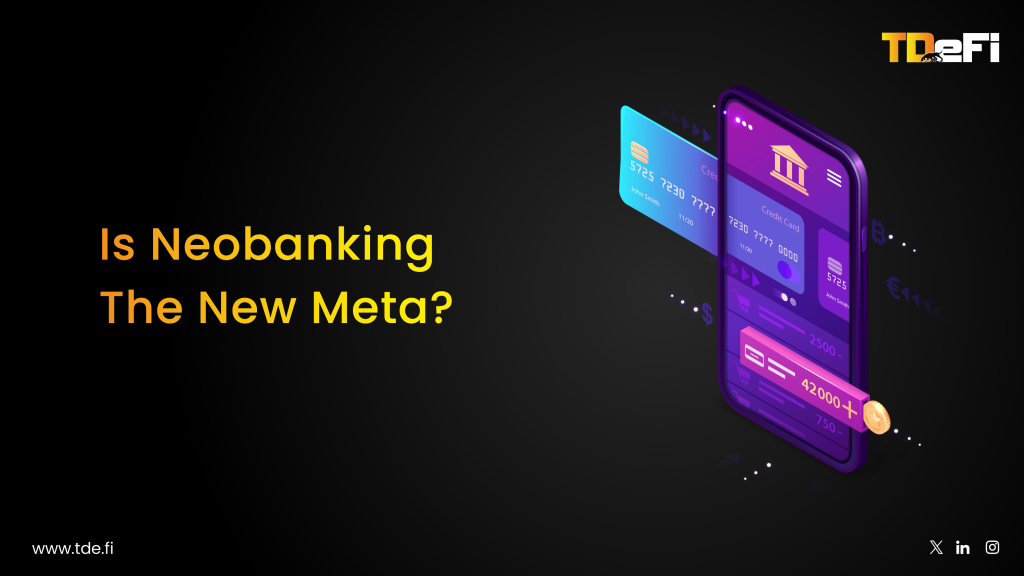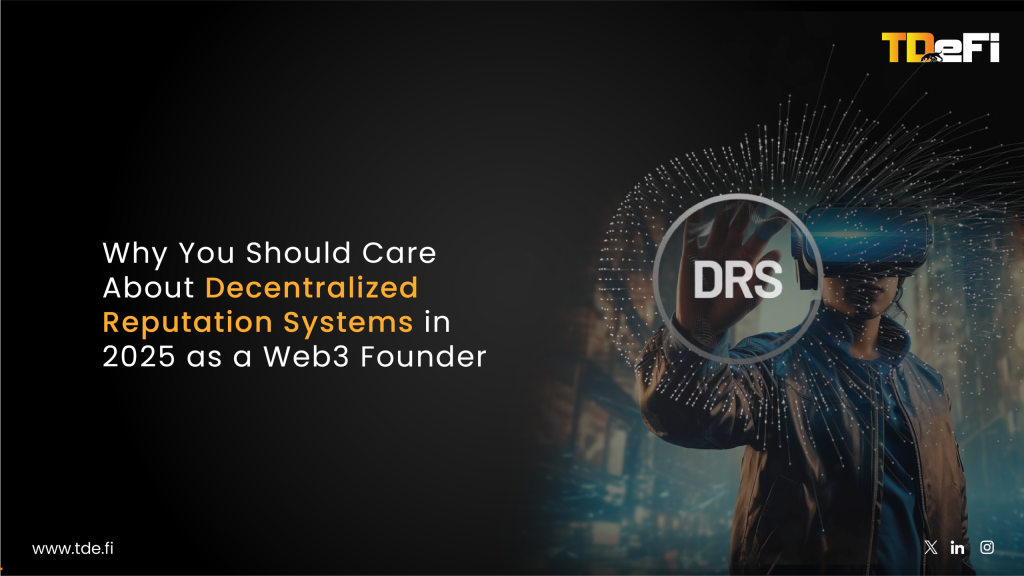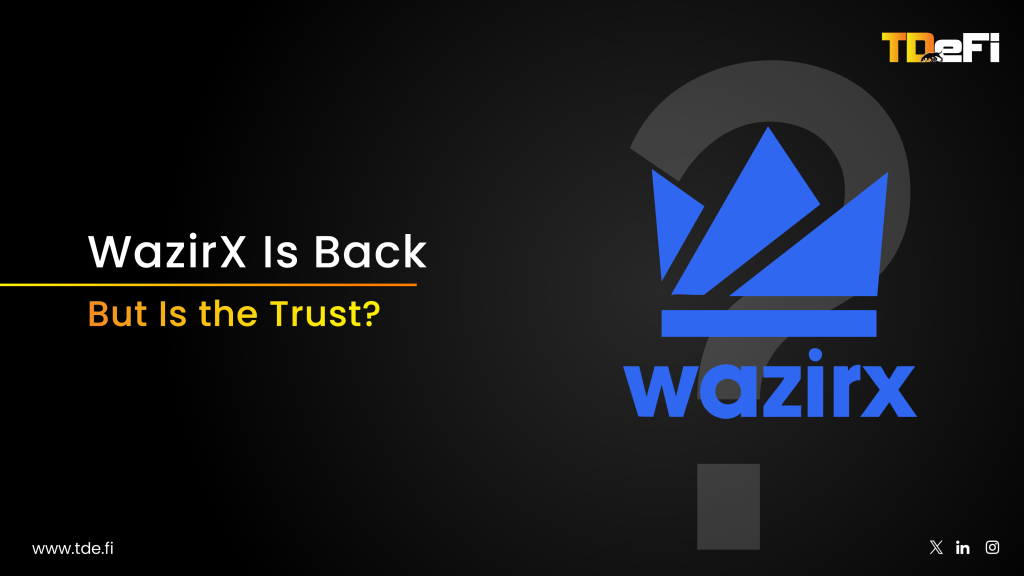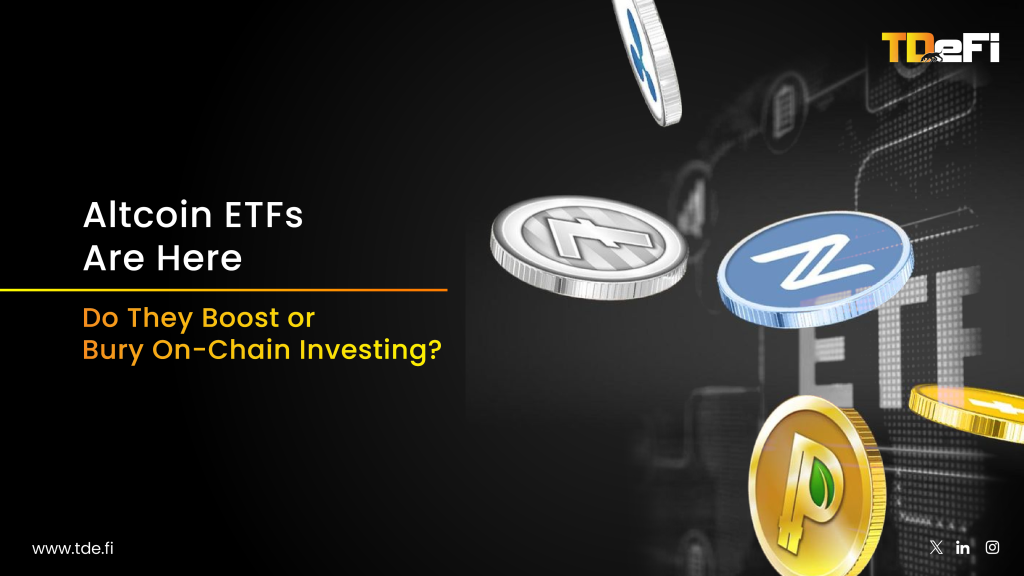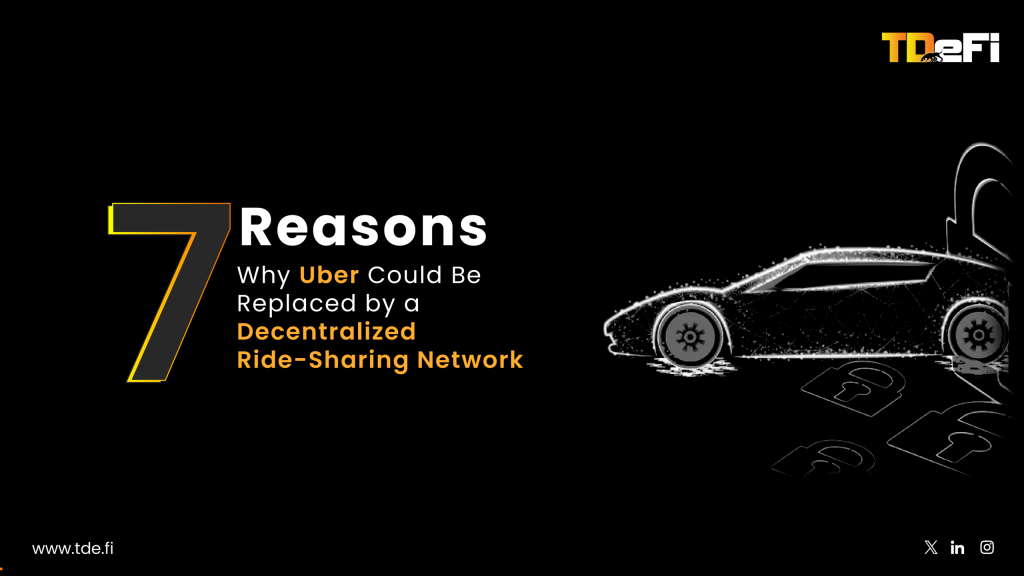TL;DR
Airbnb has redefined travel, but lingering issues—high fees, fake reviews, last-minute cancellations, and trust concerns—continue to frustrate both guests and hosts. Enter blockchain, a game-changer that could eliminate middlemen, cut fees, ensure transparent transactions, and bring real accountability through immutable records and smart contracts. Imagine a world where trust is built into the system, payments are instant, and reviews are tamper-proof. The future of travel isn’t just about better stays—it’s about a fairer, more secure, and community-driven experience. As Web3 reshapes industries, Airbnb must decide: lead the change or risk being disrupted.
Introduction: The Airbnb Dilemma
Imagine planning your dream vacation—perhaps a quaint seaside villa or a cozy mountain retreat. You browse Airbnb, find the perfect listing, and excitedly book it. But in the back of your mind, doubts linger. Are the reviews genuine? Will the host cancel at the last minute? What if the place isn’t as advertised?
These uncertainties have become the norm in the world of short-term rentals. Airbnb has undeniably reshaped travel, but issues like high fees, lack of transparency, and security risks continue to frustrate both hosts and guests.
Now, imagine a world where trust is built into the system—where transactions are secure, disputes are minimized, and middlemen don’t dictate pricing. This is the promise of blockchain technology, and it’s a game-changer for Airbnb.
This case study explores how Airbnb can leverage blockchain to address its core inefficiencies and future-proof its business.
Business Model Breakdown: How Airbnb Works Today
Revenue Model
- Airbnb charges hosts a 3% fee per booking.
- Guests pay a service fee between 14-16% of the booking total (source).
- Additional cleaning fees and taxes are applied, making short-term rentals expensive for travelers.
Major Challenges
- High transaction fees reduce affordability.
- Trust & fraud issues affect bookings.
- Cross-border payments face delays and high exchange rates.
- Review manipulation distorts the platform’s credibility.
- Centralized decision-making leads to unfair policy changes.
7 Reasons Why Airbnb Will Eventually Move to Blockchain
1. Decentralization Will Reduce Platform Fees
Airbnb’s fees can take a significant chunk from both hosts and guests. But why do these fees exist? Because Airbnb acts as the middleman, facilitating transactions, ensuring trust, and handling disputes.
How Blockchain Fixes This:
- Smart contracts automate bookings and payments, enabling direct transactions between hosts and guests.
- Lower fees = more bookings, leading to higher revenue.
- Potential for Airbnb to adopt a lower, fixed-fee model, positioning it as an infrastructure provider, and making it more competitive.
2. Trust & Transparency via Smart Contracts
Fake reviews, hidden fees, and last-minute cancellations erode confidence. Blockchain-based smart contracts ensure agreements are executed transparently.
Example:
- A guest checks in → payment is automatically released to the host.
- If a guest submits a request that the host confirms but does not fulfill, the host will be penalized.
- This eliminates manual interventions and prevents last-minute cancellations.
3. Improved Security and Fraud Prevention
Fraudulent listings and fake profiles are major pain points for Airbnb users. Blockchain’s decentralized identity verification can fix this.
How Blockchain Fixes This:
- Immutable records ensure every host and guest has a verified reputation.
- Reduces scams and enhances platform credibility.
4. Faster & Borderless Payments
Cross-border transactions on Airbnb are plagued by high fees, banking delays, and currency conversion issues.
Blockchain Solution:
- Instant, low-cost payments via cryptocurrencies or stablecoins.
- Reduces Airbnb’s reliance on banks and payment processors.
5. Tokenized Reputation System
Trust is Airbnb’s currency, but today’s rating system is flawed. Reviews can be manipulated, removed, or biased.
Blockchain’s Fix:
- Reviews are stored on an immutable ledger, ensuring genuine feedback.
- Hosts and guests could earn tokens for verified interactions.
6. Fairer Governance & Community Control
Airbnb’s policies often change without user input, leading to frustration among hosts and guests.
Blockchain Solution:
- Decentralized Autonomous Organization (DAO) allows community-based decision-making.
- Hosts and guests can vote on policies, fees, and dispute resolutions.
7. Solving the Fake Review Problem
Fake reviews distort Airbnb’s credibility and mislead guests.
Blockchain’s Fix:
- Only verified stays can leave reviews.
- An immutable reputation system prevents manipulation.
Challenges of Blockchain Adoption
While blockchain offers compelling benefits, it’s not without hurdles:
- Scalability Issues – Blockchain networks must process millions of transactions per second to support Airbnb.
- Regulatory Concerns – Governments are still figuring out blockchain regulations.
- User Experience – Many users find crypto complex; seamless onboarding is crucial.
- Network Effects – Airbnb’s success relies on its massive user base; transitioning requires mass adoption.
Business Impact Analysis: Blockchain vs. Current Model
| Feature | Current Airbnb Model | Blockchain-Powered Model |
| Fees | 14-16% for guests, 3% for hosts | Minimal fees (smart contracts) |
| Payment Speed | Days (for cross-border transactions) | Instant (crypto) |
| Trust & Security | Prone to fraud & fake reviews | Verified, immutable records |
| Dispute Resolution | Centralized & slow | Automated via smart contracts |
Closing Thoughts: The Future of Airbnb in Blockchain
If Airbnb’s future was just about providing better accommodations, it might have been better off as a hotel chain. However, what set it apart—and won hearts worldwide—was its community-driven model.
For a business built on the foundation of community, ensuring a more secure, fair, and cost-effective system is crucial. Blockchain presents an opportunity to fix longstanding trust issues, reduce fees, and enhance user experience—all while improving Airbnb’s bottom line.
Airbnb has already transformed the way we travel. Now, it has the opportunity to revolutionize trust, security, and fairness in short-term rentals—before the next generation of innovation takes over. Blockchain isn’t just the future; it’s the foundation for a better, more decentralized Airbnb experience
At TDeFi, we are at the forefront of this change. As financial institutions move into crypto, Web2 businesses must follow suit to stay ahead. Thinking about integrating blockchain into your business? Let’s talk.





